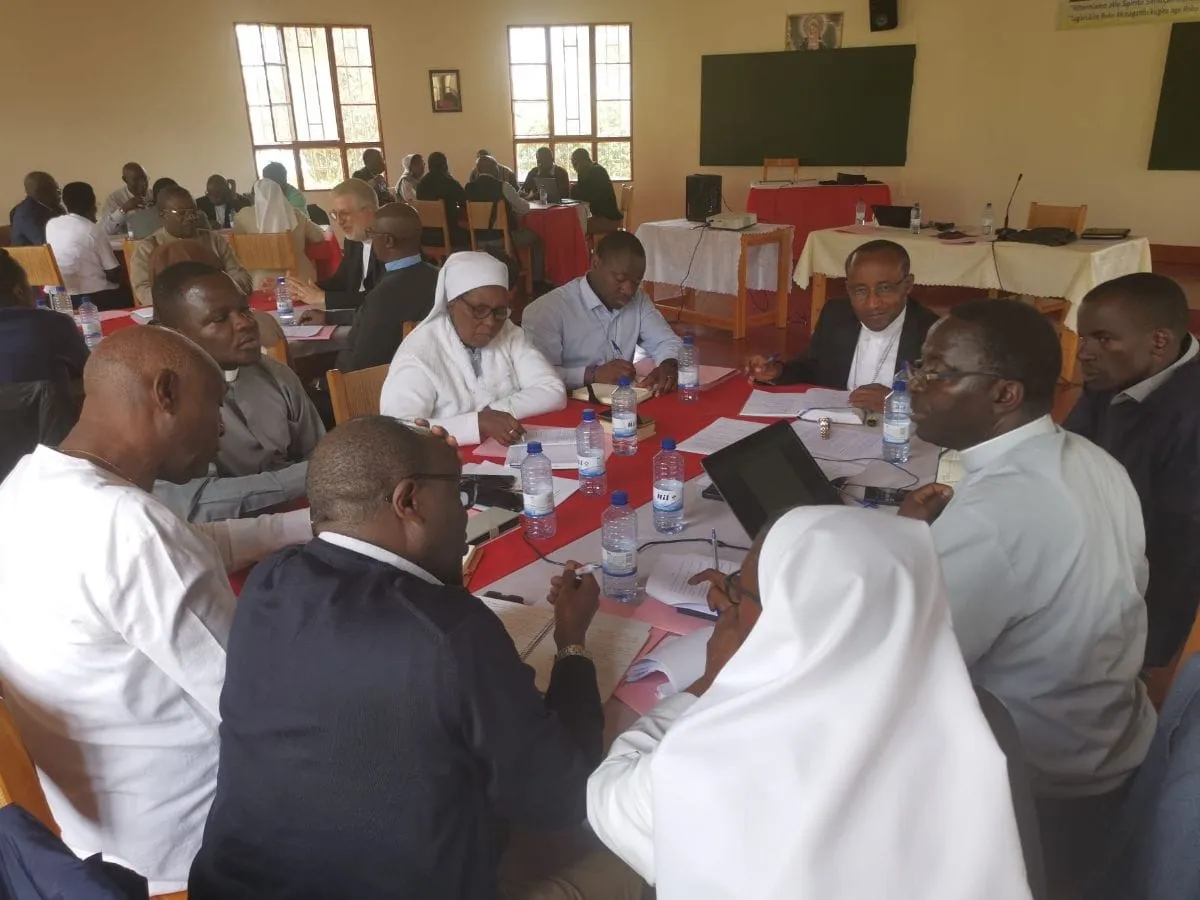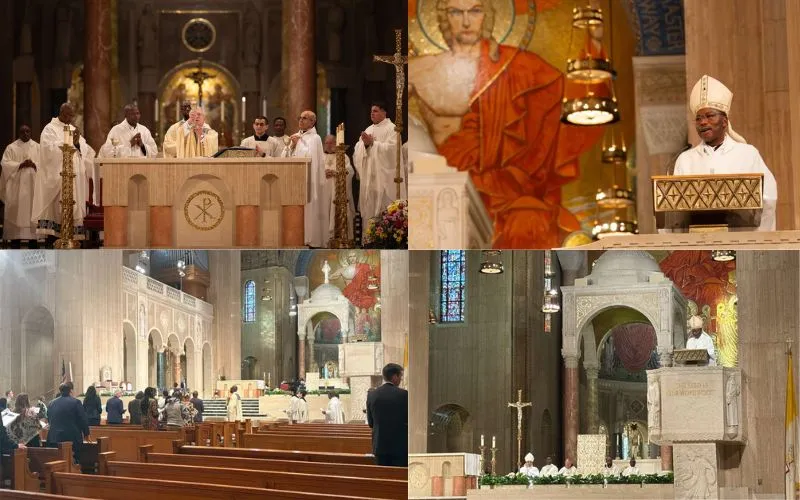Kigali, 10 March, 2025 / 8:50 pm (ACI Africa).
Catholic Bishops in Rwanda are among the beneficiaries of the five-day training that the country’s “school of Synodality” realized in view of forming “true missionaries of synodality”.
Details of the capacity building sessions are contained in a March 7 press release, a day after the March 2-6 training that had members of the Episcopal Conference of Rwanda (CEPR), Clergy, women and men Religious, and Laity among some 50 delegates, who reflected on question: “How can we become more and more a Synodal Church in mission in Rwanda, starting from the orientations proposed by the Synodal path?”.
“Together with my brother Bishops, we have convened this assembly to form true ‘missionaries of synodality’ in our Christian communities and for this shared journey to become a style of ecclesial life,” Bishop Edouard Sinayobye of Rwanda’s Cyangugu Catholic Diocese is quoted as saying.
Starting from the 52-page F52-page Final Document of the XVI Ordinary General Assembly of the Synod of Bishops that followed the 2-27 October 2024 second session , participants in the training sought to “deepen ... some key themes that emerged in the synod process and experience the Synodal style of listening and discernment also through ample time dedicated to Lectio Divina,” Bishop Sinayobye says in the press release.
“The synod process in our dioceses has been welcomed and experienced as a Kairos, a time of grace and renewal,” he goes on to say, and adds, ‘The Church of Christ that is in Rwanda thirsts for communion and unity, and wants to walk together, taking care of everyone.”





